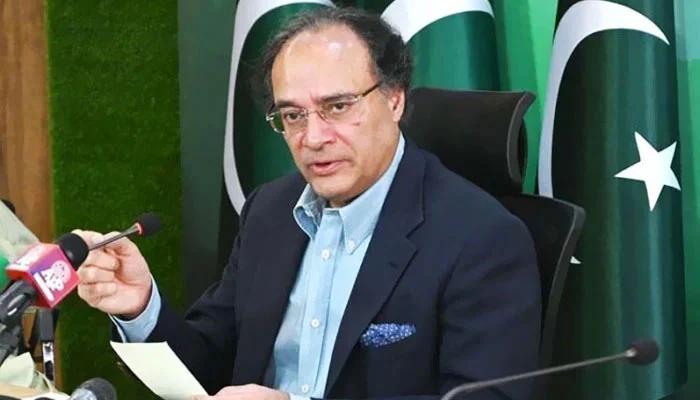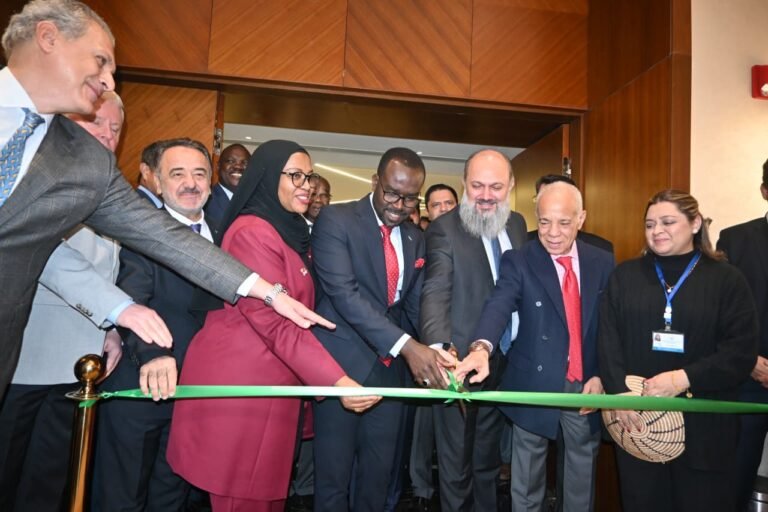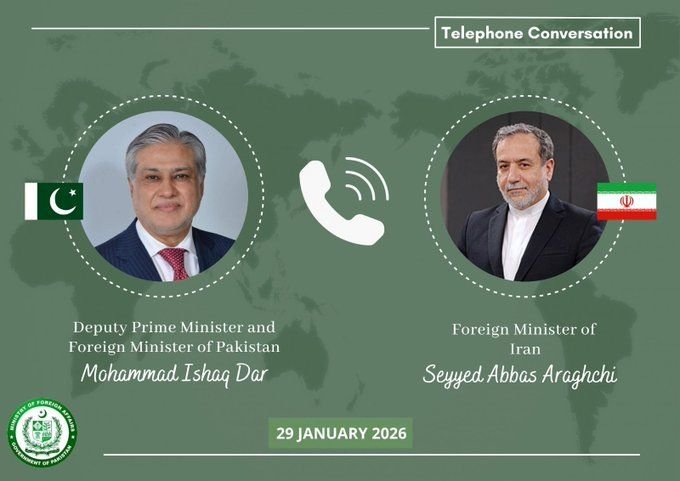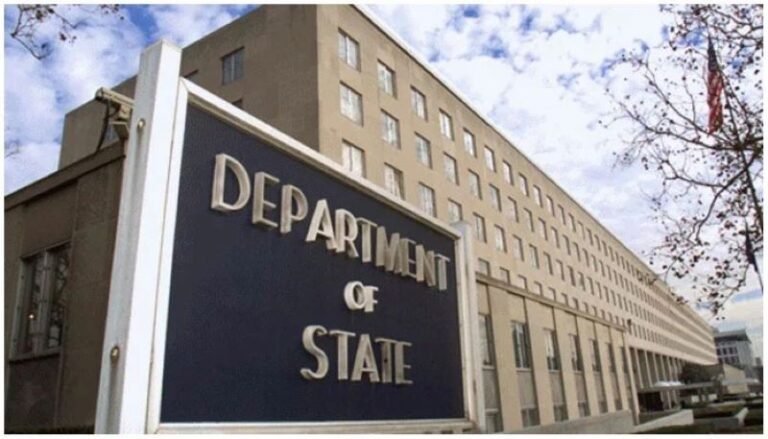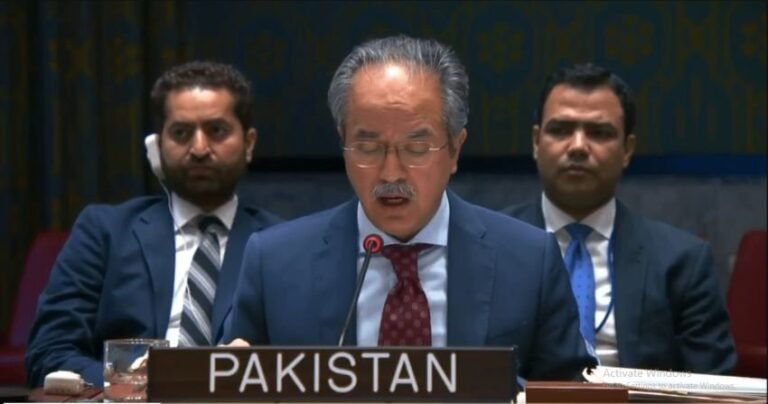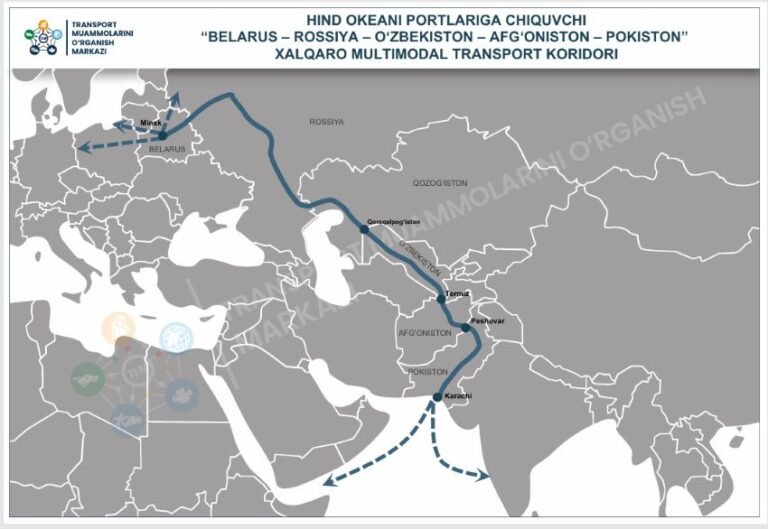Washington (TDI): Pakistan is formally targeting approximately $1 billion from the International Monetary Fund (IMF) through its facility aimed at assisting low and middle-income countries in addressing climate risks, Finance Minister Muhammad Aurangzeb revealed in an interview on the sidelines of the IMF/World Bank autumn meetings.
“We have requested to be considered for this facility,” Aurangzeb stated, according to Reuters.
The IMF had previously agreed to a 7 billion dollars bailout for Islamabad, but additional funding is available through its Resilience and Sustainability Trust, established in 2022 to provide long-term concessional financing for climate-related expenditures, including adaptation measures and the transition to cleaner energy sources.
“We believe we are strong candidates for this facility,” Aurangzeb emphasized, indicating the intention to finalize the request in the coming months.
Pakistan ranks among the countries most vulnerable to climate change, as highlighted by the Global Climate Risk Index.
The catastrophic floods in 2022, exacerbated by global warming, impacted at least 33 million people and resulted in over 1,700 fatalities, severely straining the nation’s economic resources and its capacity to respond to such disasters.
Also Read: Pakistan, World Bank Agree on Development Boost
In addition, the Finance Minister noted that Pakistan is in discussions with the Asian Infrastructure Investment Bank (AIIB) for credit enhancement related to a planned Panda bond issuance, targeting an initial offering of $200 to $250 million by the end of June.
This would mark Pakistan’s inaugural entry into China’s capital markets.
Pakistan’s Discussions with Other Institutions
Aurangzeb explained that discussions are ongoing with several other institutions alongside the AIIB for credit enhancements, which could improve the bond’s rating, attract more investors, and consequently reduce the government’s borrowing costs.
“Our aim is diversification of the funding base,” he asserted, emphasizing that while the initial issuance may not be large, establishing a presence in the world’s second-largest capital market is crucial.
Pakistan has also engaged with Middle Eastern banks regarding commercial loans, with one bank having submitted a “relatively significant proposal.”
Also Read: IMF Approves $7 Billion Loan for Pakistan
The Finance Minister projected that Pakistan’s foreign exchange reserves would reach $13 billion by the end of March, which would bolster commercial lending and potentially improve the country’s credit rating. As of the week ending October 18, the central bank reported foreign exchange reserves at $11.04 billion.
In recent months, Pakistan’s credit ratings have seen improvements, with Moody’s upgrading the country to ‘Caa2’ in August, citing enhanced macroeconomic conditions, while Fitch raised its rating to CCC+ in July following a staff-level agreement with the IMF. However, both ratings remain below investment grade.
Farkhund Yousafzai is an Associate Editor at The Diplomatic Insight.
- Farkhund Yousafzai
- Farkhund Yousafzai
- Farkhund Yousafzai
- Farkhund Yousafzai

